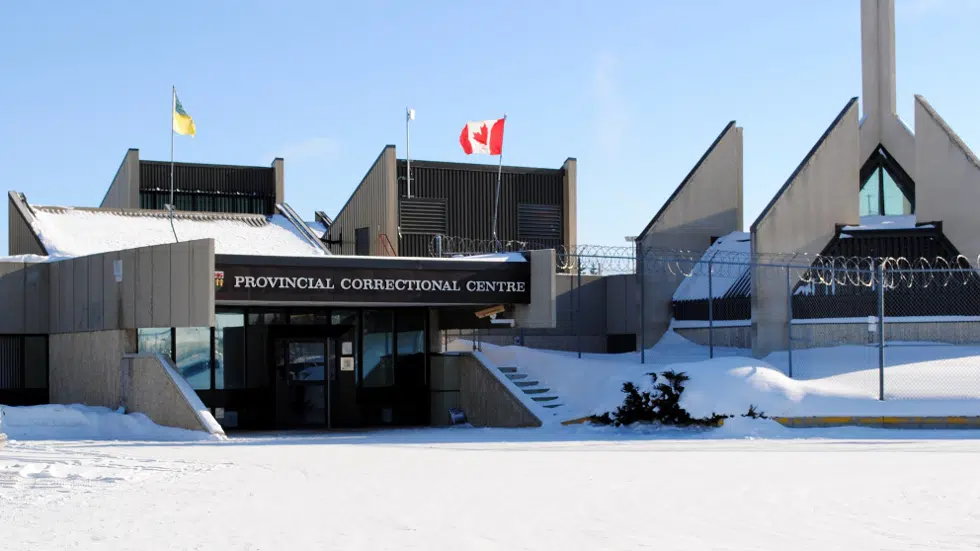
STC shutdown could leave prisoners out in the cold
The looming shutdown of Saskatchewan Transportation Company could leave newly-released prisoners out in the cold, according to one of the province’s leading advocates for prison reform.
Announced in Wednesday’s provincial budget, the publicly-owned bus service is set to dissolve on May 31. While the province expects the move to generate significant savings, Greg Fleet, CEO of the John Howard Society of Saskatchewan, said the closure could also create headaches for newly-released prisoners who in many cases have not been convicted.
“It will create some challenges for inmates, either finishing their sentence or those that are on remand in the provincial system, to return to their northern communities,” Fleet told paNOW. “We’re not sure how those challenges are going to be met, but it’s definitely going to create some hardships.”
Fleet said prisoners taken to Prince Albert to be held in custody while they await court appearances are typically given a bus ticket or alternate transportation home upon their release. Remanded prisoners have not been found guilty of a crime, Fleet noted, and often come from remote communities.


